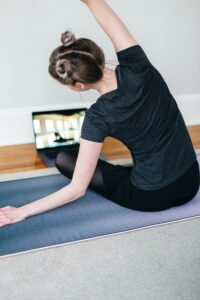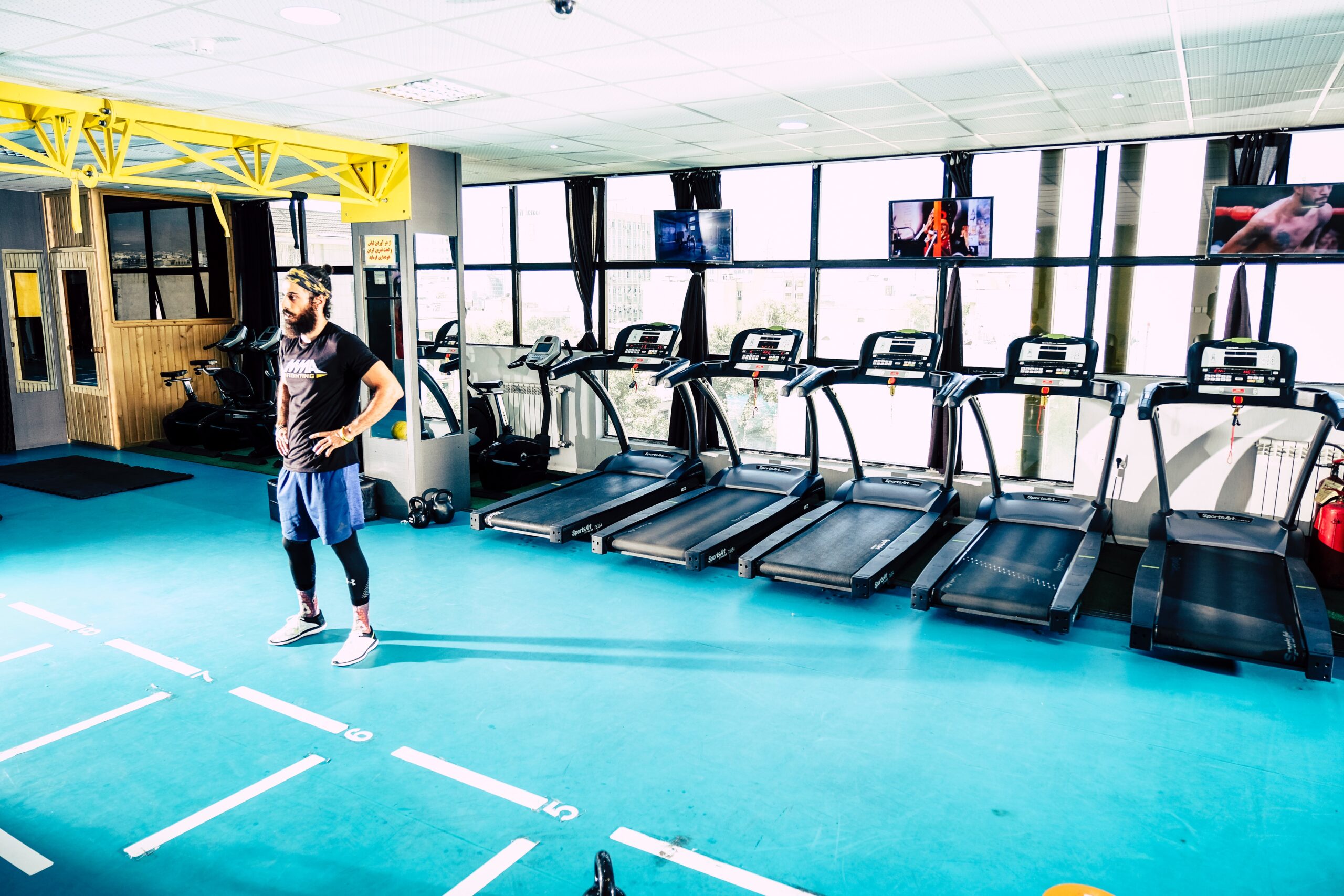For most industries, the Covid-19 pandemic has been all bad. Sectors have seen Job losses, decreases in revenue, and curtailing of budgets. For the health and fitness industry, the pandemic has had a very mixed effect. On the one hand, gyms have been shut on and off for a whole year, and face-to-face classes have become impossible. On the other hand, millions of people have taken the opportunity to improve their physical and mental fitness, opening the door for the rapid growth of certain companies.
Recreating the gym
One of these companies is Peloton. Their range of exercise bikes and treadmills were already popular, but people being forced to work out at home has seen Peloton record a 172% surge in sales in September 2020.
Crucially, it’s not just sales that have increased, it’s the overall engagement too. The average number of monthly workouts being done by customers has doubled, reaching about 25 per month per subscriber. This suggests that Peloton’s growth could continue well beyond the pandemic.
It’s not all been rosy for Pelton, as one unavoidable issue is the impact on worldwide shipping. Companies lucky enough to still be selling a product are seeing unprecedented shipping delays, which is one of the easiest ways to lose prospective customers.
Utilising sleep
This is a problem that is also affecting the makers of the Oura sleep ring. Apart from that though, they have also seen rapidly increasing interest in their fascinating product. The ring provides a range of statistics about the quality of your sleep. It monitors your heart rate, temperature, respiratory rate and more, and gives you a ‘readiness’ score when you wake up. Based on that score, you can decide how hard to push yourself that day. Perhaps you can add an extra 10 minutes to your workout, or maybe you need to cut it down because you slept poorly.
Oura’s product boomed at the beginning of the pandemic because it showed the ability to detect early coronavirus symptoms. A Finnish businessman had to fly to a few European cities in early March. One of these was Tyrol in Austria, which had become a coronavirus hotspot. Having been there he decided to self-quarantine out of concern for his employees and was wearing his Oura ring the entire time. The ring started giving him a readiness score around 30 points lower than usual, citing his elevated temperature. Despite feeling fine he contacted his doctors and it transpired that he had coronavirus but wasn’t experiencing symptoms.
On the back of this, Oura supplied 2000 rings to frontline nurses in America, and by July 2020 their social media following had increased by 100% on both Twitter and Instagram. This growth then allowed them to expand their team by 20%.
Creating a community
A company that heavily maximised its growth during the pandemic is Strava. Their app allows you to record your cardiovascular activity such as running or cycling and share your time and stats with others, much like a social media feed. The free app was already very popular, with a good amount of people paying for the full version. The product suited the pandemic as it opened up a social channel for like-minded people when they had to start exercising alone, or if they decided to take up a certain activity to get fit.

Strava launched the ‘SOLOdarity Challenge’ during lockdown to encourage athletes to keep active and share their results, whilst also championing social distancing. This was an immense success for the company. The stats show that more than one million runners took part in the Strava 5K challenge in May, almost double the amount who participated in the January 5K challenge and a 79% increase compared to May 2019.
Strava went one step further when they launched their ‘Local Legends’ feature. it allowed people to try and be the best competitor over a certain segment of a route over a 90-day period. Strava’s free trial runs out after 30 days, but it convinced enough people to sign up that Strava made 39% of their annual revenue in 47 days.
Taking a step back
Another sector of health and fitness that has seen rising popularity is meditation apps such as Headspace and Calm. With many people experiencing levels of stress they’ve never felt before, they’re opening their minds to acts like meditation. According to a new report from app store intelligence firm Sensor Tower, the world’s 10 largest English-language mental wellness apps in April saw a combined 2 million more downloads during the month of April 2020 compared with January, reaching close to 10 million total downloads for the month.
 To be seen to be doing their bit, Headspace offered free memberships to frontline healthcare professionals. This later expanded to unemployed people, and also released a special collection of meditation exercises for those living in New York.
To be seen to be doing their bit, Headspace offered free memberships to frontline healthcare professionals. This later expanded to unemployed people, and also released a special collection of meditation exercises for those living in New York.
Calm went for a different approach. They chose to launch more free content, but focus on partnerships to spread that free content further. For example, they made the Calm App’s premium subscription free for the members of the non-profit healthcare system Kaiser Permanente.
It’s clear that the pandemic has caused millions of people to try and improve themselves both physically and mentally. This in turn has led to a boom in certain products that’s incredibly valuable in the pandemic-affected economic climate.
Euan Burns is a features editor at Origym Centre of Excellence, which provides high-quality personal training courses and packages.
Recent Posts
- Castor Oil For Better Hair Growth: Is It Myth Or Fact?
- Exploring the Differences Between Sermorelin, Ipamorelin, Ibutamoren, GHRP2, and GHRP6: Understanding Their Role in Human Growth Hormone Regulation
- Unraveling the Mystery: Understanding the Causes and Prognosis of Ventricular Tachycardia Without Apparent Heart Disease
- Understanding Grandparents’ Rights in Oklahoma: Navigating Visitation and Legal Protections
- 10 Reasons to Consider Hypnotherapy for Your Health

